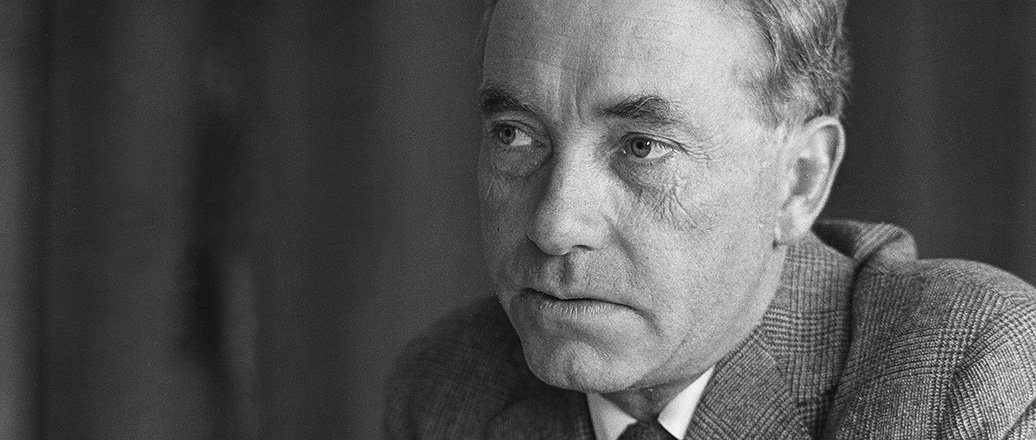Holte brought fertilizer production into a new era based on petrochemicals; he involved the company in oil exploration in the North Sea, and he was behind most of the ground work that brought Hydro into the aluminum industry in the sixties. He also started the internationalization of Hydro’s fertilizer production with the plants set up in Qatar.
However, many consider Holte’s greatest achievement to be the part he played in modernizing the company’s organization and establishing collaboration.
His family background from the industrial town Notodden was undoubtedly a factor in the organizational revolution he successfully carried out in Hydro in the sixties.
“I was no stranger to the worker environment,” he explained many years later. “This was the environment in which I grew up. The parents of almost all the children I played with as a boy in Notodden were Hydro workers.”
One thing is the understanding this gave him of class differences at the time. But more important is the fact that his background won him acceptance on the shop floor.
Spirit of cooperation
One practical consequence was that the cooperative trials set up in Porsgrunn in the second half of the decade were a resounding success. The slogan: “The important thing is not being seen to be right, but doing the right thing” set a new standard for collaboration within the company. When the working environment act was passed ten years later, Hydro only needed to make small adjustments. The spirit of the legislation had already been practiced for several years.
Johan B. Holte got rid of the class symbols in the company. The red carpets that paid homage to former managing directors were removed. So were the sleekest cars in the garage. Holte drove his own Volkswagen when he needed to go to Notodden or Rjukan. This was noticed. The distance between top management and the workers lessened, just as the managing director intended.
Long service in the company
Johan B. Holte was born on 19 February 1915 in Notodden. He qualified as charted chemistry engineer from the Norwegian Institute of Technology in Trondheim when he was 23, and gained work experience in several Norwegian companies, including the chocolate producer A/S Freia, where he was laboratory manager.
He was appointed in Hydro in 1948, first as manager of the chemistry department at the Notodden nitric acid factory, and from 1957 to 1966 he was in charge of company’s research centre. From 1964 to 1966, he was also assistant managing director.
On 1 January 1967, Holte was appointed as managing director of the company, a position he held until 1 November 1977. He continued as chairman of the board until 1985, before rounding off his long career in Hydro as special adviser to the managing director. He also represented Hydro on a number of other boards.
At the start of his career in the company, he spent two years in Paris, where Hydro was collaborating with one of the two major French industrial companies, working mainly as a research scientist. Word got round about the young chemistry engineer who became the company’s director of research. In a quiet but determined manner, he set his stamp on the company’s technological environment and its vision of the future.
Later, when his formal role in the company had ended, he enjoyed talking about Hydro’s history and culture to the company managers gathered in Notodden for management seminars. Standing in front of the fireplace in Sam Eyde’s house as he spoke, he always captivated his audience.
“The company’s history is the cornerstone in its culture,” he used to say. Johan B. Holte died in April 2002, at the age of 87.
“The management and board of the company were fortuitously aware that his obvious intellectual capacity was united with a visionary ability to take action and an intuitive understanding of human interaction. These formed the basis of his forward-looking leadership,” wrote two of Hydro’s later presidents, Egil Myklebust and Torvild Aakvaag in his obituary.
Updated: May 15, 2024








